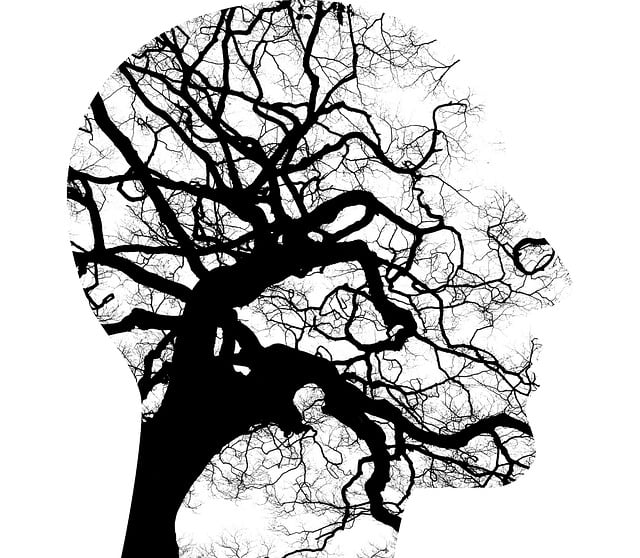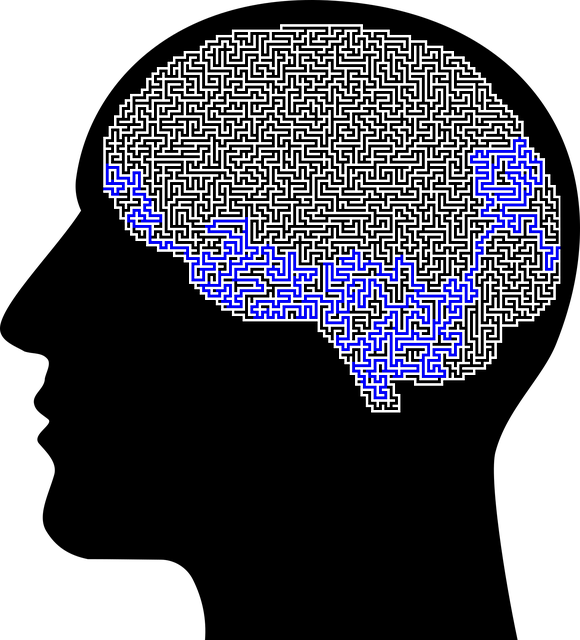Crisis Intervention Teams (CITs) in Aurora play a vital role in addressing mental health crises, particularly conduct disorder cases. Aurora Conduct Disorder Therapy focuses on comprehensive CIT training, teaching members about conduct disorders and practical de-escalation skills. Through role-playing scenarios, social skills training, and regular feedback, these teams enhance crisis management and community support. Evaluations using post-training assessments and community sentiment surveys ensure the program's effectiveness in reducing emergency response times and improving local mental health services.
In today’s complex landscape, crisis intervention team (CIT) training is an essential pillar of mental health support. CITs play a crucial role in de-escalating high-risk situations, particularly involving individuals with severe conduct disorders like Aurora. This article delves into the fundamental understanding of CITs, their significance in mental health care, and the key components of effective training programs for Aurora conduct disorder therapy. We also provide practical guidance on implementation and evaluation to ensure successful training outcomes.
- Understanding Crisis Intervention Teams: Their Role and Importance in Mental Health Support
- Key Components of Effective Aurora Conduct Disorder Therapy Training Programs
- Implementing and Evaluating Crisis Intervention Team Skills: A Practical Guide for Training Success
Understanding Crisis Intervention Teams: Their Role and Importance in Mental Health Support

Crisis Intervention Teams (CITs) play a pivotal role in mental health support, especially when dealing with individuals experiencing acute psychological crises. These specialized teams, often composed of trained professionals from various disciplines, are designed to provide immediate and effective assistance. The primary goal is to de-escalate situations where someone may be at risk of self-harm or harm to others, offering a swift and compassionate response.
In communities like Aurora, CITs have become essential components in the mental health ecosystem. They offer more than just short-term intervention; they facilitate connections to long-term care, support recovery, and help individuals navigate the often complex landscape of trauma support services and anxiety relief. The effectiveness of these teams is enhanced by their community outreach program implementation, ensuring a comprehensive approach to addressing mental health challenges.
Key Components of Effective Aurora Conduct Disorder Therapy Training Programs

Effective crisis intervention team (CIT) training programs for Aurora Conduct Disorder Therapy focus on several key components to ensure comprehensive preparation. Firstly, these programs prioritize education and awareness about conduct disorders, fostering a deeper understanding of the underlying causes and behavioral patterns associated with this condition. By equipping team members with knowledge, they can better recognize signs early on, which is crucial in effective intervention.
Additionally, CIT training emphasizes practical skills development, including de-escalation techniques, crisis management strategies, and communication methods tailored for individuals with conduct disorders. Encouraging positive thinking and mental wellness through stress management practices and building inner strength are integral aspects of these programs. These approaches not only enhance the team’s ability to handle crises but also promote a supportive environment that facilitates growth and recovery.
Implementing and Evaluating Crisis Intervention Team Skills: A Practical Guide for Training Success

Implementing and evaluating crisis intervention team skills is a multifaceted process that requires careful planning and practical application. For instance, Aurora Conduct Disorder Therapy emphasizes the importance of role-playing scenarios to simulate real-life crisis situations. This hands-on approach allows trainees to practice their de-escalation techniques, communication strategies, and problem-solving abilities in a safe environment.
Furthermore, integrating Social Skills Training within these programs equips team members with the confidence needed to handle high-pressure situations effectively. Regular feedback sessions and post-training assessments are vital to gauge the program’s success. Community Outreach Program Implementation can also be evaluated through community sentiment surveys, measuring the impact of trained crisis intervention teams on local support systems and emergency response times.
Crisis intervention team (CIT) training programs play a pivotal role in enhancing mental health support by equipping professionals with the skills to manage and de-escalate crises. By focusing on evidence-based practices, such as those outlined for effective Aurora Conduct Disorder Therapy, these programs ensure that teams are prepared to provide compassionate and competent care. Implementing and evaluating CIT skills through practical guides facilitates continuous improvement, ultimately leading to better outcomes for individuals in mental health crisis situations.












